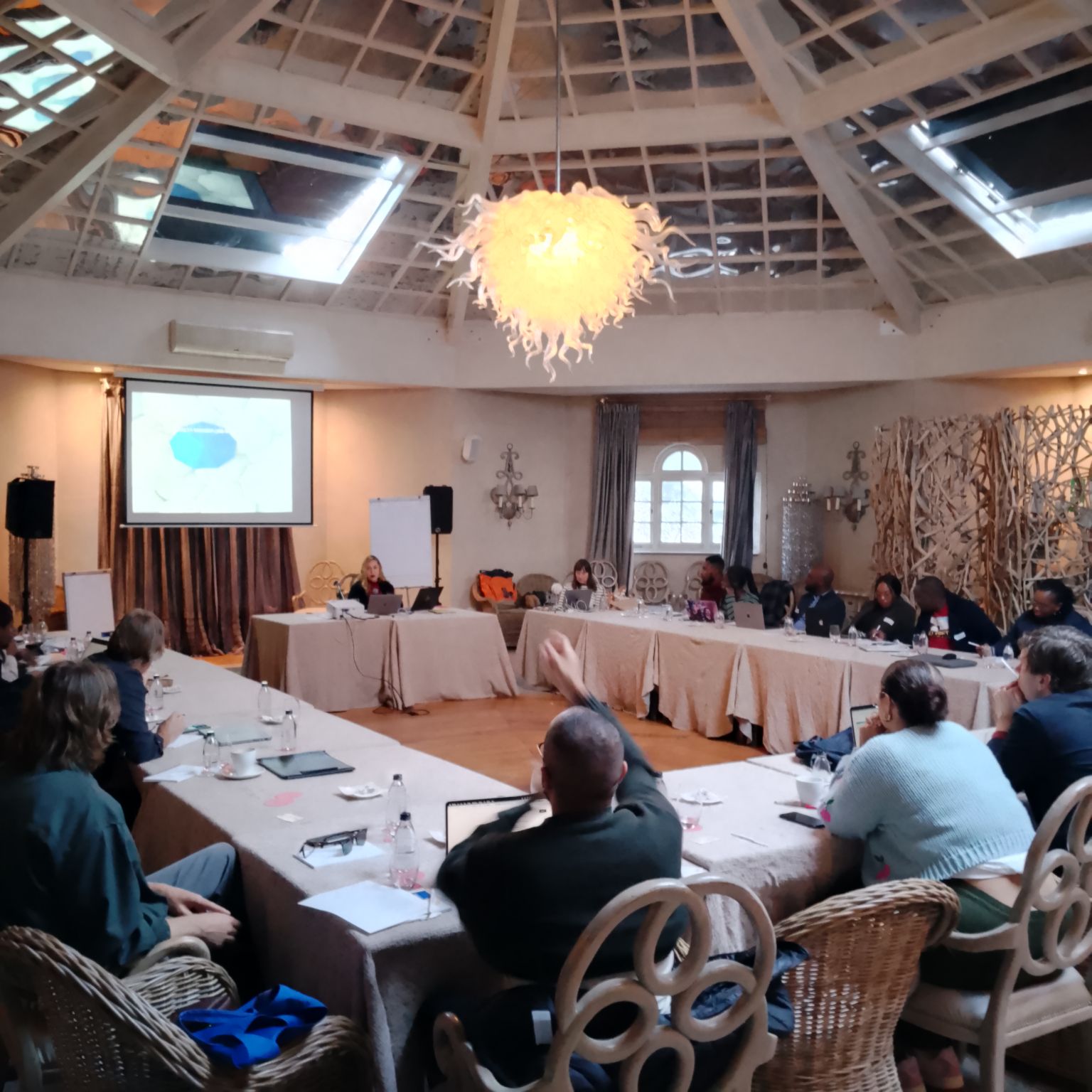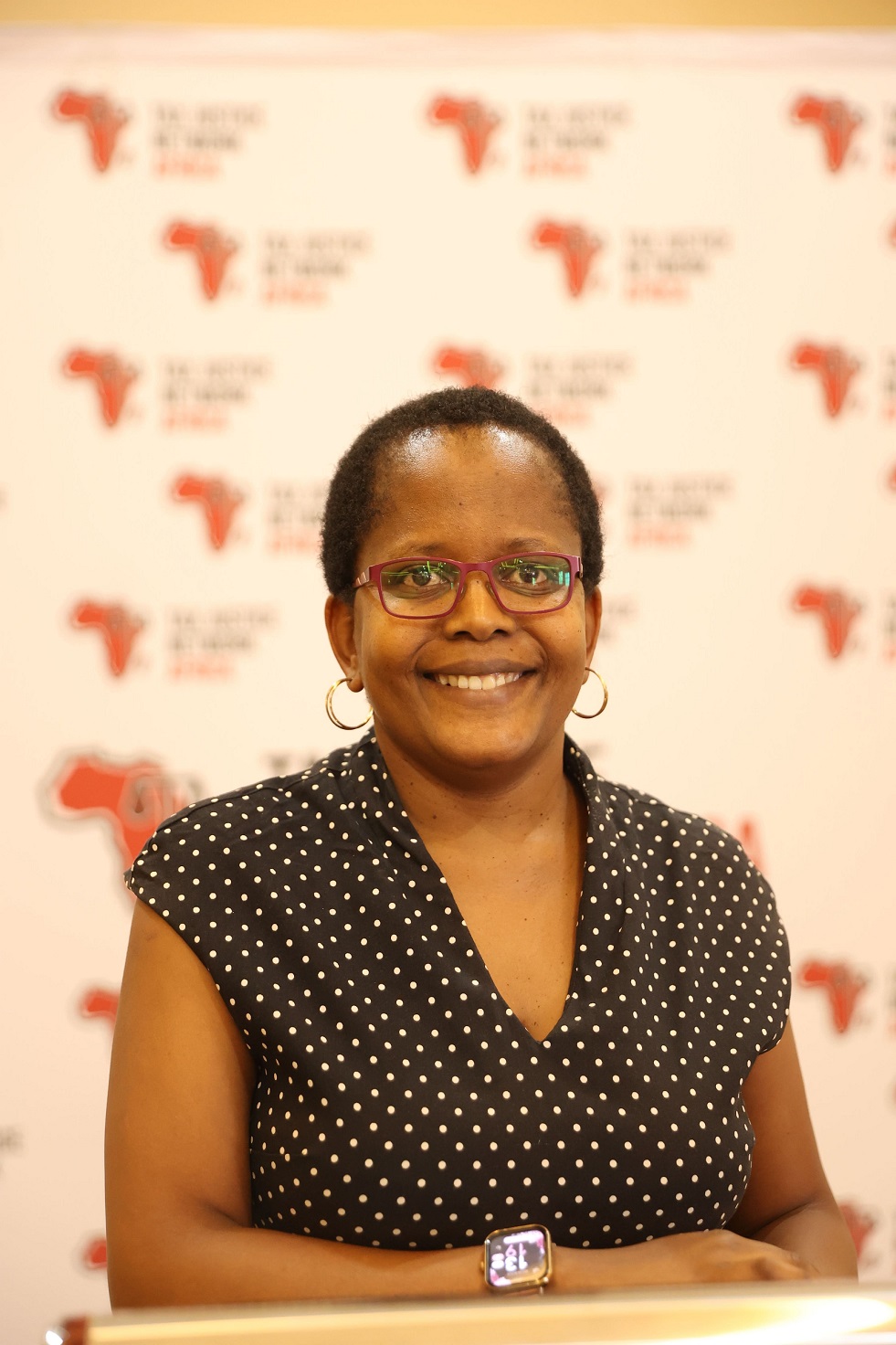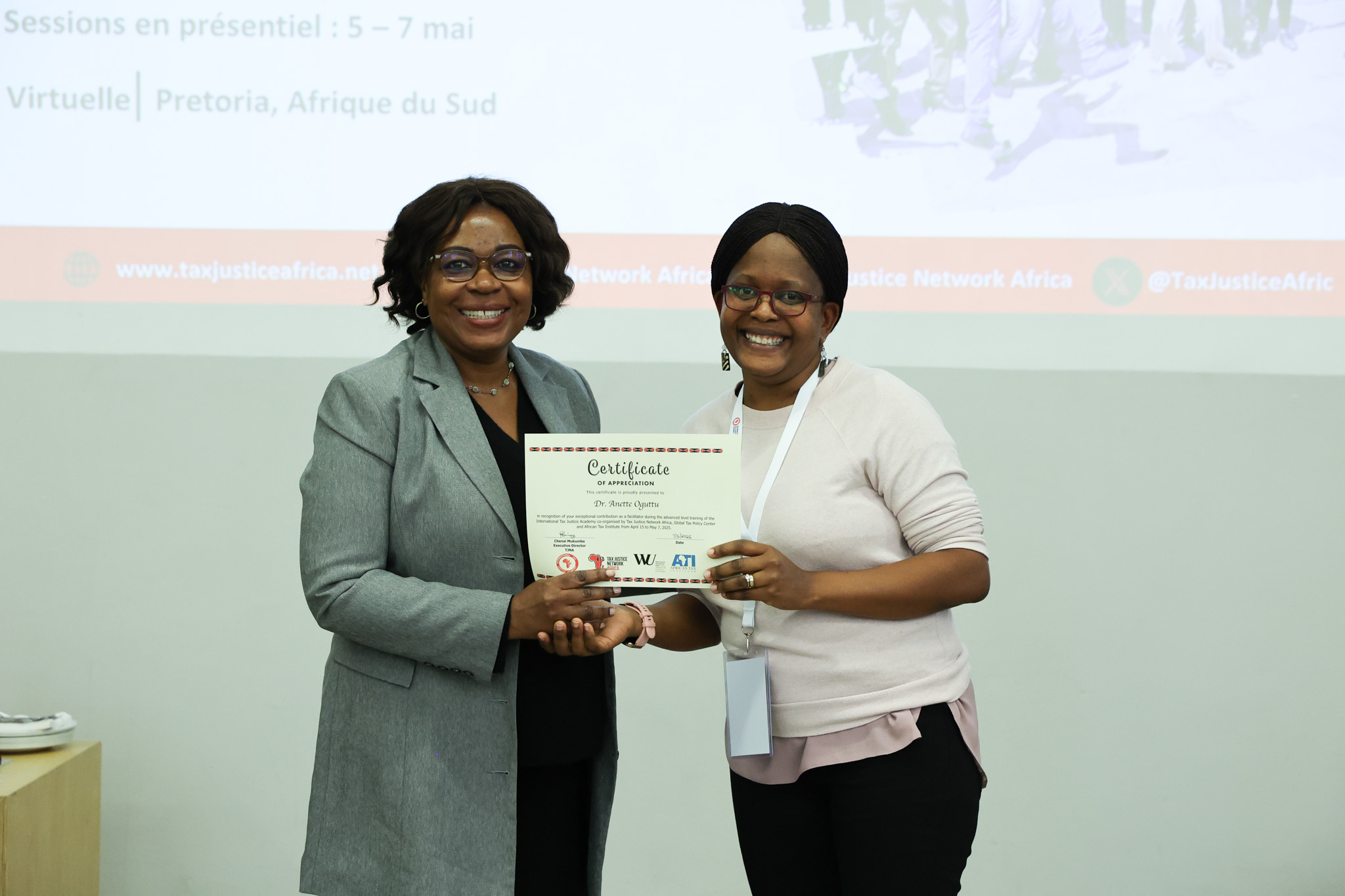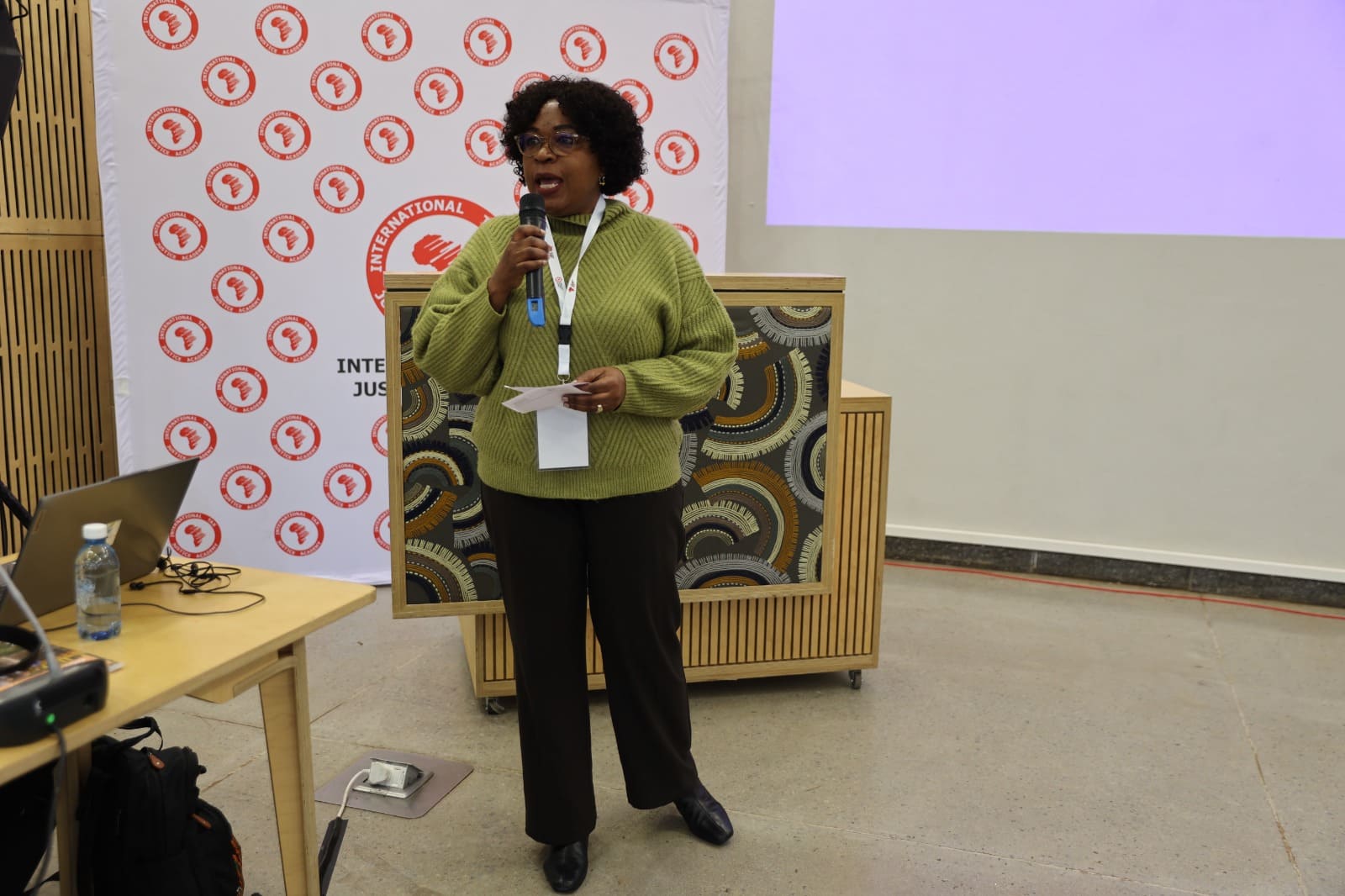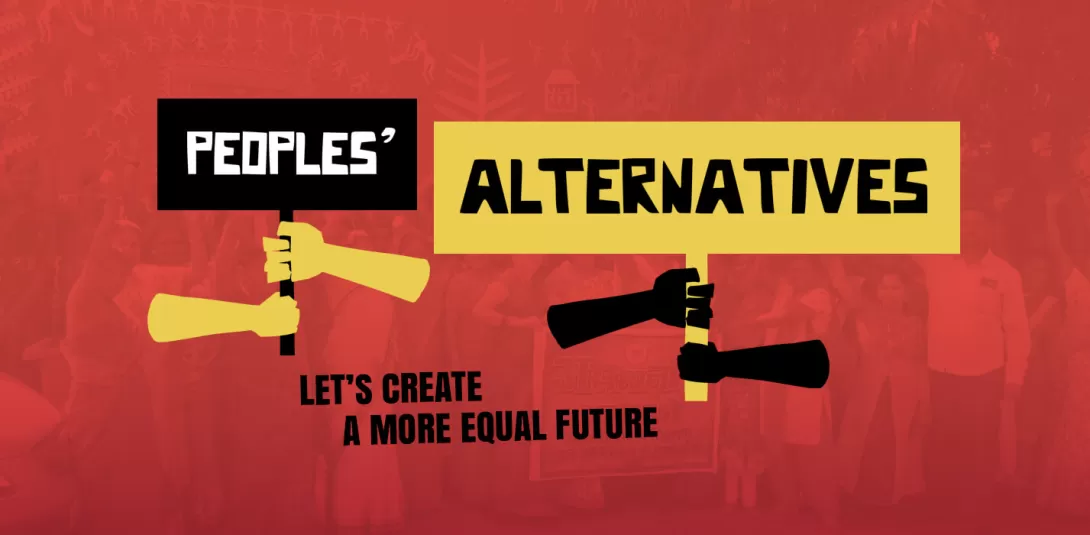
The world is grappling with an escalating crisis of inequality, marked by a surge in the wealth of the richest and devastating consequences for those at the sharp end of this disparity. Our societies and planet are under unprecedented strain.
In response, the Fight Inequality Alliance (FIA) Kenya, a coalition encompassing diverse movements and organisations, convened the "People’s Alternatives Assembly" on Tuesday, May 20, 2025, in Nairobi, Kenya. TJNA, a key partner in this critical endeavour, participated in this collective resolve to challenge a rigged system and advocate for a just and equal future.
The Assembly brought together a vibrant mix of grassroots activists, Gen Z leaders, economists, artists, students, NGOs, funders, and media. Participants examined how the Kenyan government has fallen short on the promises of the 2010 Kenyan Constitution, particularly concerning fundamental rights such as education, water, health, food, housing, sanitation, and social security. This gathering was a crucial act of global solidarity, declaring "people before profit" and fighting for justice and dignity for all.
Speaking during the assembly, Wanjiru Wanjira, a Kenyan activist, emphasised that a core tenet of the People’s Alternatives was the resounding call for fiscal justice.
“The current economic system is designed to serve the wealthy few, not the majority. Our demands are clear: implement higher taxes on the rich, not the poor. The wealthiest individuals and corporations should bear the highest tax burden,” she added.
The Assembly demanded for generous funding for public services such as education, health, and water and also called for the government to prioritise accessible and affordable formal and informal education for all Kenyans, regardless of socioeconomic status, with merit and performance, not the ability to pay, determining access to higher education.
The gathering highlighted that the current system is not broken; it is functioning precisely as designed—to serve concentrated corporate interests. It noted that reclaiming it demands not only resistance but also reconstruction, founded on equity, rights, and public accountability. The path forward requires courage, clarity, and collective action, and as evidenced by the powerful voices of students and Gen Z leaders at the Assembly, the seeds of transformation have been sown.
The Assembly featured testimonies from those most affected by inequality, artistic performances, and political dialogue. This collaborative spirit aimed to shape a "people’s blueprint" for a new economic model that prioritises people and the planet.
For more information on this, please contact Christine Mutinda at cmutinda[@]taxjusticeafrica.net


